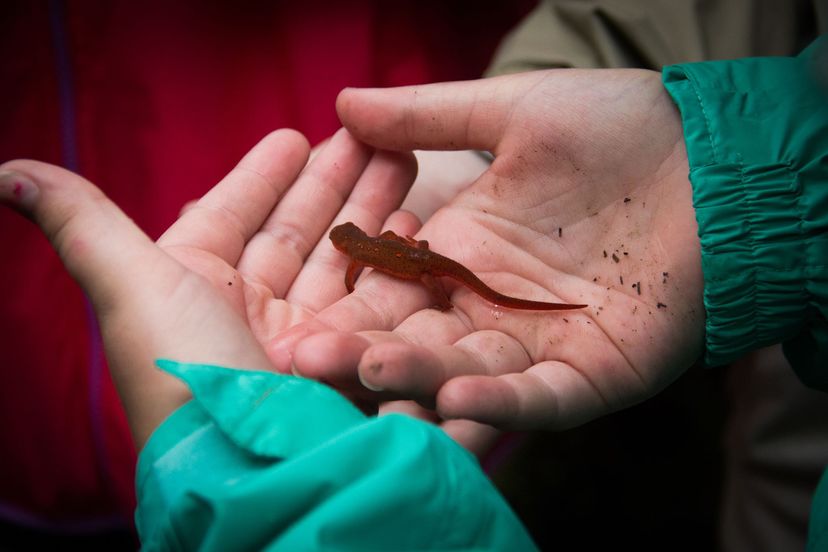
Homesickness 101

Last night was our second of three New Parent Orientations live stream video events. In this particular event, we talked about homesickness. In case you missed it, you can watch it or read the highlights below.
From Dr. Chris Thurber:
“Homesickness is distress or impairment caused by an actual or anticipated separation from home. It is characterized by acute longing and preoccupying thoughts of home and attachment objects (parents, pets, friends) More than 95% of campers report some feelings of homesickness during their stay at camp. It’s normal! Children are more likely to get homesick if they have little previous separation experience and have no previous experiences at your camp.”
From
“Overcoming homesickness is a skill. And overcoming it can be learned and can be practiced.”
Prior to coming to camp
“Children are more likely to get homesick if they felt forced to come to camp, if their parents expressed doubt or anxiety about their going to camp, or if there is something about their home situation that makes them worried (upcoming move, separation, sickness, etc).”
What should you do?
Talk about it.
- Talk about what to do when feeling homesick — encourage your child to talk to counselors or the camp mom or a director. This is a message they need to hear loud and clear. It is okay to confide in the adults at camp. Your children need to know that you trust these people and approve of this place.
- Talk about a time when you felt homesick and what you did to cope.
- Look at calendars daily. Help children comprehend how much time they will be gone prior to leaving. This is especially useful when the child is looking forward to something (a birthday, end of school, sports activity or recital or performance).
- Discuss correspondence—“There will be no phone calls; however we can both write letters.”
- Explain that the child’s job and responsibility is to go to camp and to have fun.
- Kids will have rational and irrational fears about things happening while they are away. Try to minimize opportunities for these thoughts (i.e. if you are going skydiving while your child is away, you may want to wait to tell them until after they are home from camp).
Have your child spend the night at other people’s houses.
PLEASE don’t ever make pick up deals. Ever. Almost every severely homesick camper has told me, “I was told that if I don’t like camp, I can call home and get picked up.”
What we do at camp
We train our staff…
- to be on the lookout for symptoms of homesickness
- that homesickness is the result of struggling with an adjustment and that we must teach campers to cope.
- to ask campers “Tell me the things you think or do to help make things better when you feeling homesick.”
- to help campers be patient and work hard to overcome this challenge. Lots of other skills that we develop take time and effort, just like this one.
The Goal
Our goal is to get a camper who is incapacitated by his/her homesickness to a place where he or she is a functional member of the camp community.
